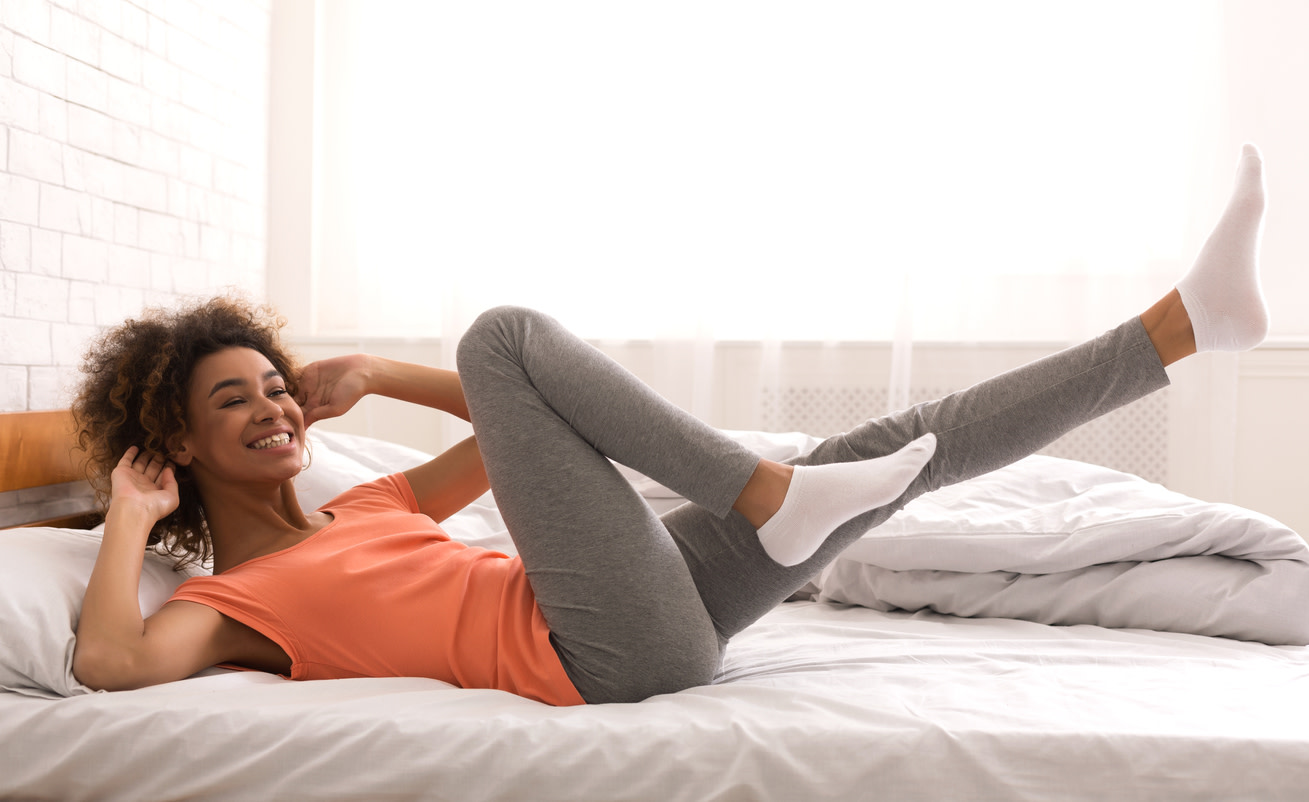How does exercise improve sleep? Plus: tips for how to work out for better sleep
Sometimes the key to better sleep is movement. Learn how working out can help you enter restorative sleep more easily so you feel energized during the day.
$0 cost to you
Published Date: Apr 7, 2025
